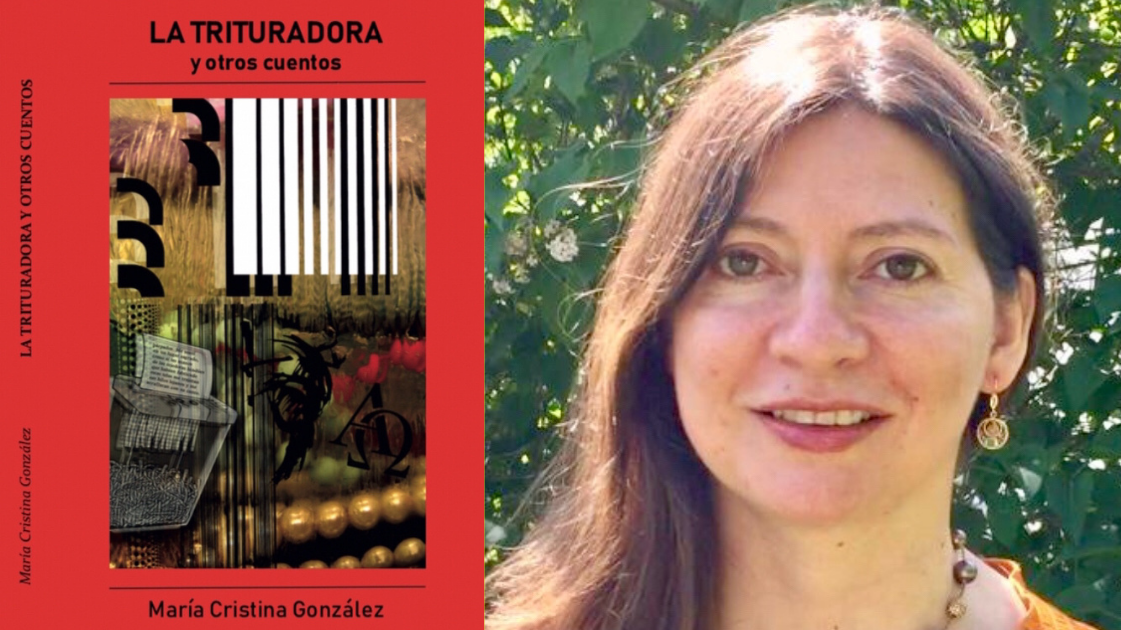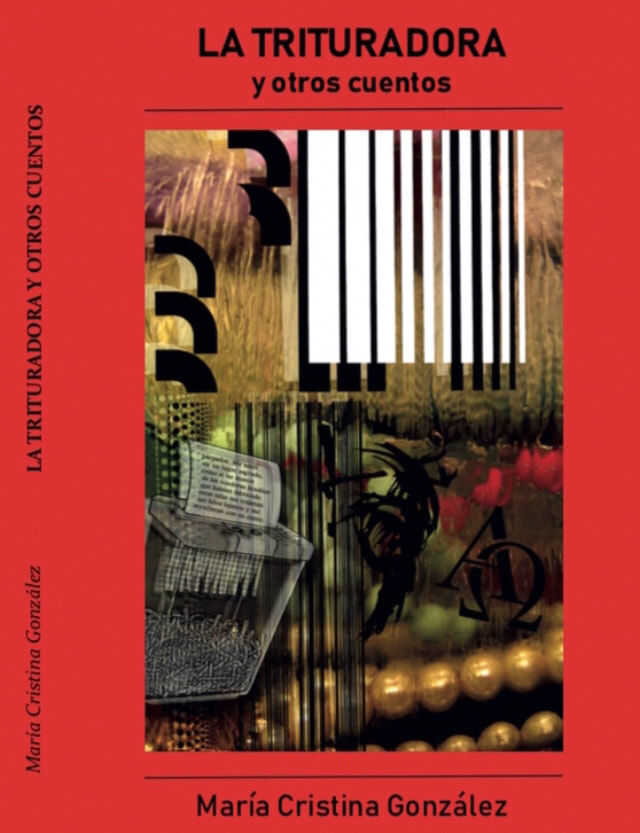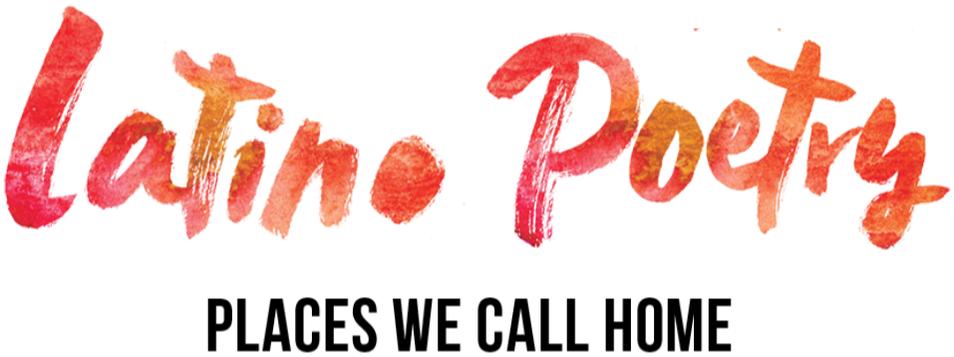La trituradora: y otros cuentos
María Cristina González
|
La Trituradora y otros cuentos, María Cristina González’s first book, is a marvelous example of the infinite possibilities of the short story. Throughout twenty-four stories, the reader gets to live with a community of voices and points of view that converge in an unpredictable mosaic of realities and inventions. The autobiographical intersects with the imagined and both intersect with the metafictional. Humor, irony, and a critical angle give shape to a thematic plane that goes from writing issues per se to the dilemmas of the social and historical order of our current globalized world, while the migratory phenomenon remains in the background. Thus, in “No pensar,” the story that opens the book, the author appeals to homonymy to frame through an alter ego the writer-character that we perceive weaving a stealthy plot under the underlying stories. The underlying metaliterary connection is revealed, in addition to this first piece, in stories such as “La O,” “Legado de Nina Stein,” “María Cristina me quiere gobernar,” “Diálogos caperucinos,” and “La trituradora,” the final story and the one that gives the volume its title. Several stories, such as “Carta al más allá,” “Predicciones,” “Suerte,” “Historia de la nada,” “Los des-elegidos,” “Leyes de almacenamiento,” “Cuadragésima noche” or “Fuga a dos voces” present a psychological approach from a range of characters that we easily place in everyday life. These stories, woven with special tact between drama and irony, reveal social and political setbacks from the perspective of common subjects trapped in the labyrinths of daily life. |
Other stories, such as “El vendedor de cortinas,” “Malentendidos,” “Kennedy,” “Rutas,” and “Los olvidados en el camino hacia Belén,” address the issue of the migrant experience from dissimilar situations and contexts that confront us with the absurdity of that atavistic evil we call intolerance.
In the interim we even find experimental pieces, as is the case of the text "Dis-frases," which, according to the subtitle: "a dadaist tale," explores the spirit of random and irrational creation that characterized this avant-garde movement. But there are also some of a fabulous or allegorical nature, as in the case of “Dificultades del reino animal,” “Sueños de una ficha de paqués” or “Disección.”
In short, in La Trituradora y otros cuentos, María Cristina González offers us a refined and incisive narrative that makes the story a pretext for exploratory navigation, a literary adventure. Her book boldly leads us through those so rare places where imagination calls upon reason and embellishes it, which are ultimately literature in its purest form.
In La Trituradora y otros cuentos, the reader will enjoy an opera prima by a writer who overcomes the certainties about the genre of the short story, and who instead pays homage to said genre in the most accurate, placid and simple way: reinventing it in each of her stories.
In the interim we even find experimental pieces, as is the case of the text "Dis-frases," which, according to the subtitle: "a dadaist tale," explores the spirit of random and irrational creation that characterized this avant-garde movement. But there are also some of a fabulous or allegorical nature, as in the case of “Dificultades del reino animal,” “Sueños de una ficha de paqués” or “Disección.”
In short, in La Trituradora y otros cuentos, María Cristina González offers us a refined and incisive narrative that makes the story a pretext for exploratory navigation, a literary adventure. Her book boldly leads us through those so rare places where imagination calls upon reason and embellishes it, which are ultimately literature in its purest form.
In La Trituradora y otros cuentos, the reader will enjoy an opera prima by a writer who overcomes the certainties about the genre of the short story, and who instead pays homage to said genre in the most accurate, placid and simple way: reinventing it in each of her stories.
María Cristina González is a teacher, traveler, and writer. She was born in Bogotá, Colombia and currently lives in New York. La Trituradora y otros cuentos (Taller Virtual de Escritores, 2019) is her first book. She has received various awards and participated in international book fairs in Bogotá and New York.
La trituradora is a publication by Taller Virtual de Escritores. Click here to purchase.
La trituradora is a publication by Taller Virtual de Escritores. Click here to purchase.
Comment Box is loading comments...
|
|









